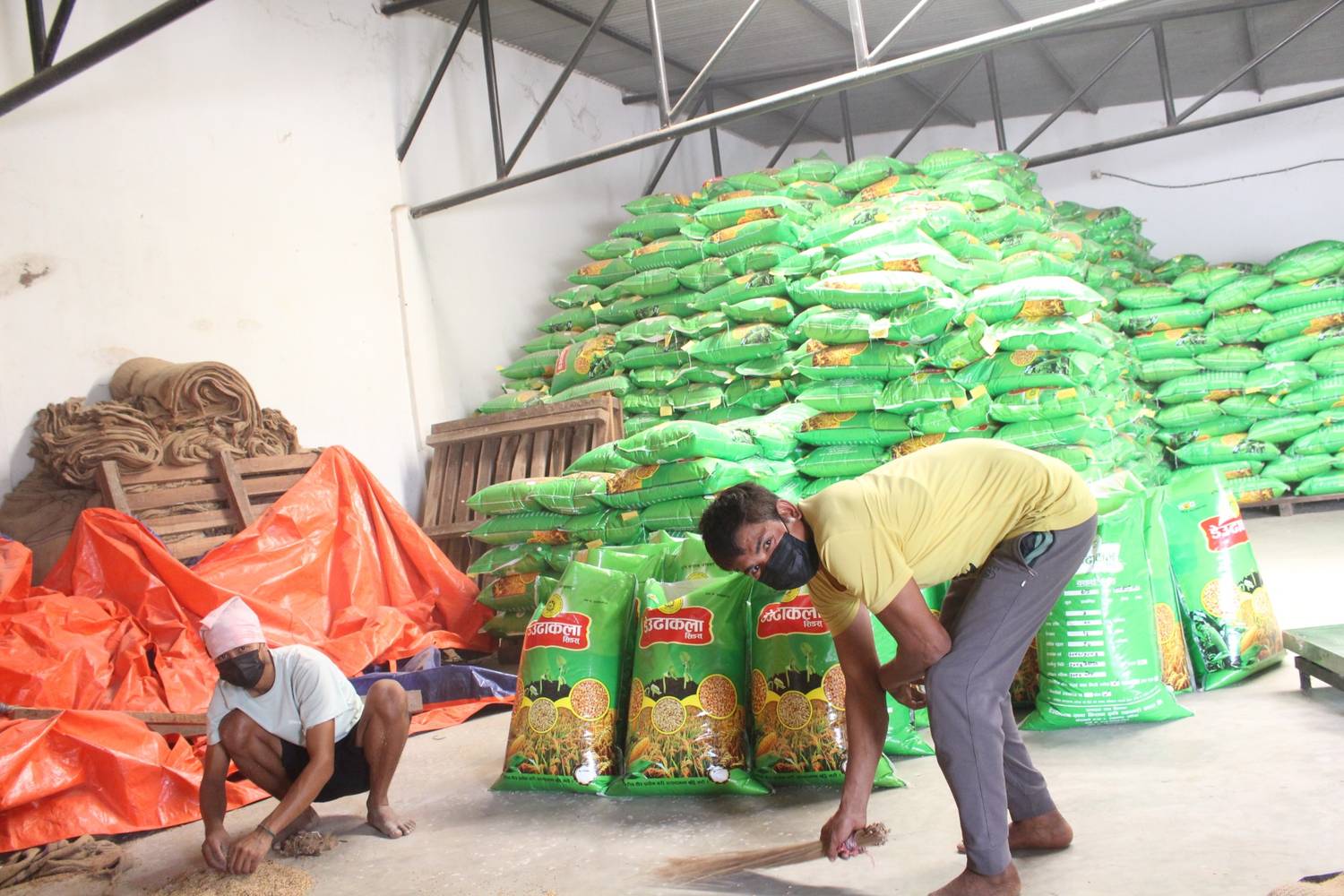
Nepal Agricultural Cooperative Central Federation (NACCFL), in partnership with the Food and Agriculture Organization (FAO) of the United Nations, is the lead implementing agency for the Global Agriculture and Food Security Programme (GAFSP), a three-year project running from August 2025 to August 2028. The project, titled “Improved Food and Nutrition Security through Diversified Income Generation and Empowerment,” aims to address chronic food insecurity and malnutrition in Bardiya district, focusing on Badhaiyatal, Barbardiya, and Bansgadhi municipalities. Implementation will be carried out in close coordination with the three tiers of government, research institutions, cooperatives, and other relevant stakeholders.
Our efforts focus on strengthening Producers’ Organizations (POs), particularly the Small Farmers Agriculture Cooperatives in Mainapokhar, Padnaha, Kalika, Deudakala, and Basgadhi, with a strong emphasis on gender equality and social inclusion.
The Goal
At its heart, the project strives to enhance food and nutrition security and livelihood resilience among the most vulnerable and food insecure households in the Bardiya district of Nepal, with a particular focus on gender and social inclusion.
Project Components
The initiative is built around four interconnected components:
- Mustard Value Chain Development-Enhancing farmers’ income through mustard-based enterprises.
- Climate-Resilient Farming Systems-Promoting diversified and sustainable agricultural practices.
- Nutrition Awareness-Raising knowledge of balanced diets and nutrition at the household level.
- Empowered Producer Organizations-Strengthening local POs for resilient, inclusive, and sustainable communities.
Who Benefits?
The project will directly benefit 8,593 members, with a majority from marginalized communities:
- 75% women
- 55% indigenous Tharu community members
- Including a high proportion of Mukta Kamaiya (freed bonded laborers)
These groups face persistent challenges such as poverty, food insecurity, and malnutrition making them the core beneficiaries of this initiative.
Project targets
- Increase household income by 25 percent (farm and off-farm),
- Improve the Food Consumption Score (FCS) of the direct beneficiaries (gender disaggregated) by 45 percent
- Improve dietary intake for pregnant, nursing women and children (6-24 months age) by 35 percent, compared to the baseline.
Our Approach
To build sustainable food and livelihood security, the project will:
- Strengthen legal frameworks for cooperatives.
- Ensure accountability, transparency, and compliance with the Cooperative Act.
- Provide agricultural inputs and services tailored to local needs.
- Foster income opportunities for marginalized households.
- Support the adoption of climate-resilient agricultural practices.
Five Key Focus Areas
- Capacitate NACCFL and POs on good governance, leadership development and inclusion with ensuring quality control in project interventions.
- Capacitate NACCFL and POs on developing Mustard-based Value Chain and strengthen the present capacity of their oil mills.
- Improve the agriculture extension support services and adoption of climate resilient livestock and crop production technologies through FFS and other educational activities and livelihood support for the POs and their members.
- Establish market linkages for smallholder farmers through strengthening the “Kisan ko Poko" (KKP) platform and cooperative-to-cooperative (C2C) marketing model.
- Promote household nutrition through implementing home nutrition gardens, school
Budget
The total project budget for the whole project period id equivalent to USD 2,450,00.00
